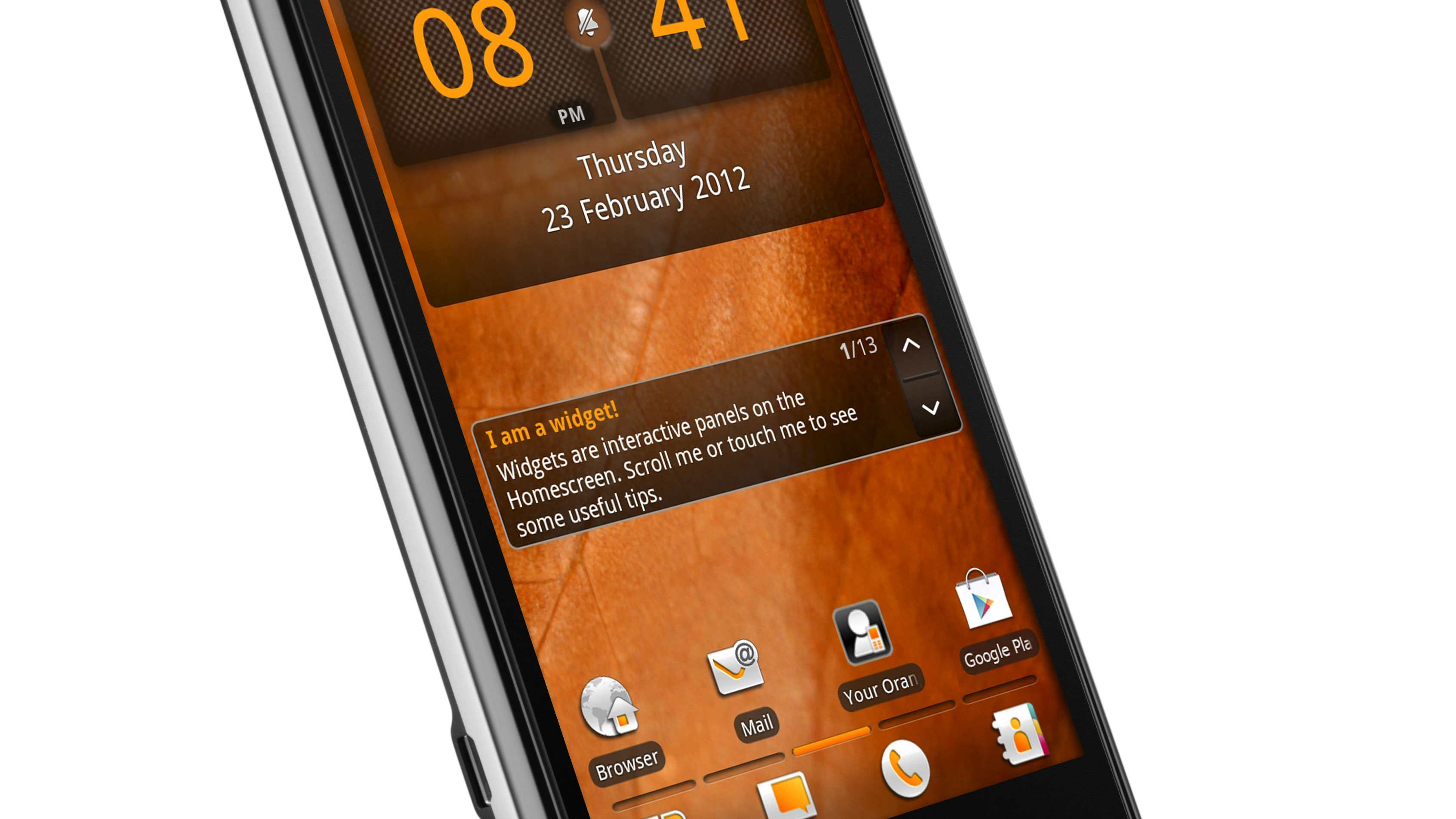Intel thinks dual-cores can be bad for Android
Intel crunches the numbers and sees little advantage

Intel looks like it agrees with Nokia and Microsoft when it comes to dual-core mobile phones, claiming that single cores do the job for now.
Nokia's CEO Stephen Elop has already made his view clear, stating back in April: "The so-called dual-core, quad-core mobile phones can only waste batteries, but not be useful for consumers all the time."
Now Intel has chimed in on the debate. Speaking to members of the press at an event in London, with TechRadar in attendance, Mike Bell, Vice President Intel Architecture Group said: "As we move to multiple cores over time, we're actually putting a lot of investment into the software to fix the scheduler and the threading, so if we do multiple core products [in the future] it actually takes advantage of it.
"In the meantime, we get enough performance out of our single core that we actually don't need to turn on a second core."
Strength in numbers, or maybe not
As well as being happy with the performance of its first mobile chip, found in the Orange San Diego, Intel has also done its own tests which apparently show dual-cores can be bad for handsets.
Bell said: "We ran our own numbers and in some of the use cases we've seen, having a second core is actually a detriment."
So according to Intel phones don't need the fancy dual-core and quad-core processors which adorn so many handsets these days, but the likes of Samsung and HTC would probably have something to say about that.
Sign up for breaking news, reviews, opinion, top tech deals, and more.

TechRadar's former Global Managing Editor, John has been a technology journalist for more than a decade, and over the years has built up a vast knowledge of the tech industry. He’s interviewed CEOs from some of the world’s biggest tech firms, visited their HQs, and appeared on live TV and radio, including Sky News, BBC News, BBC World News, Al Jazeera, LBC, and BBC Radio 4.